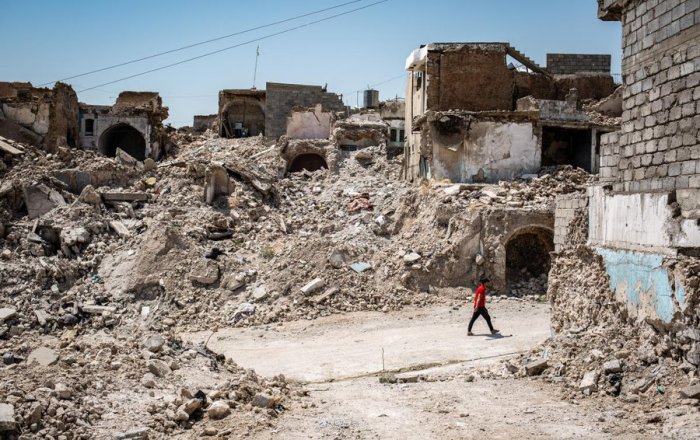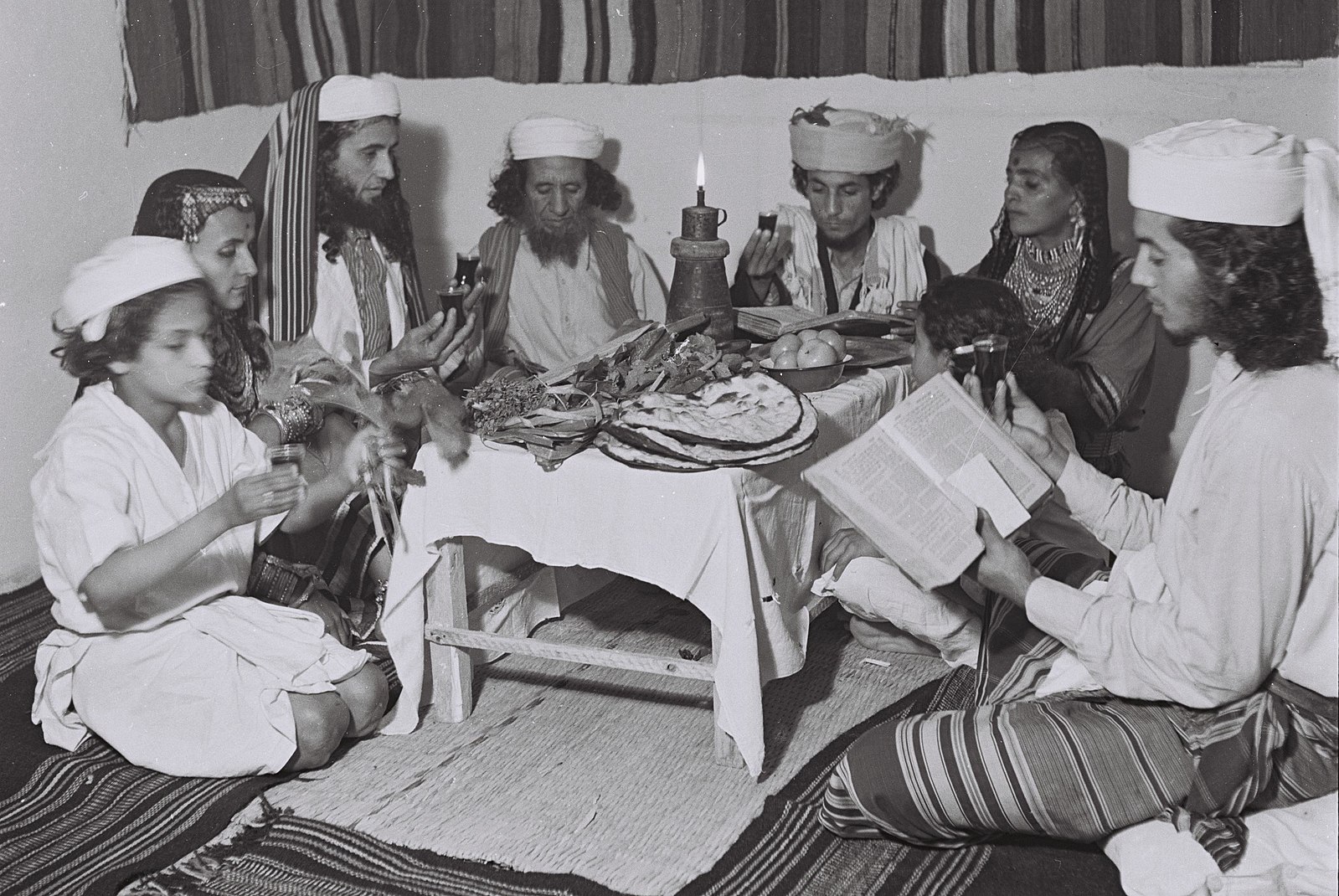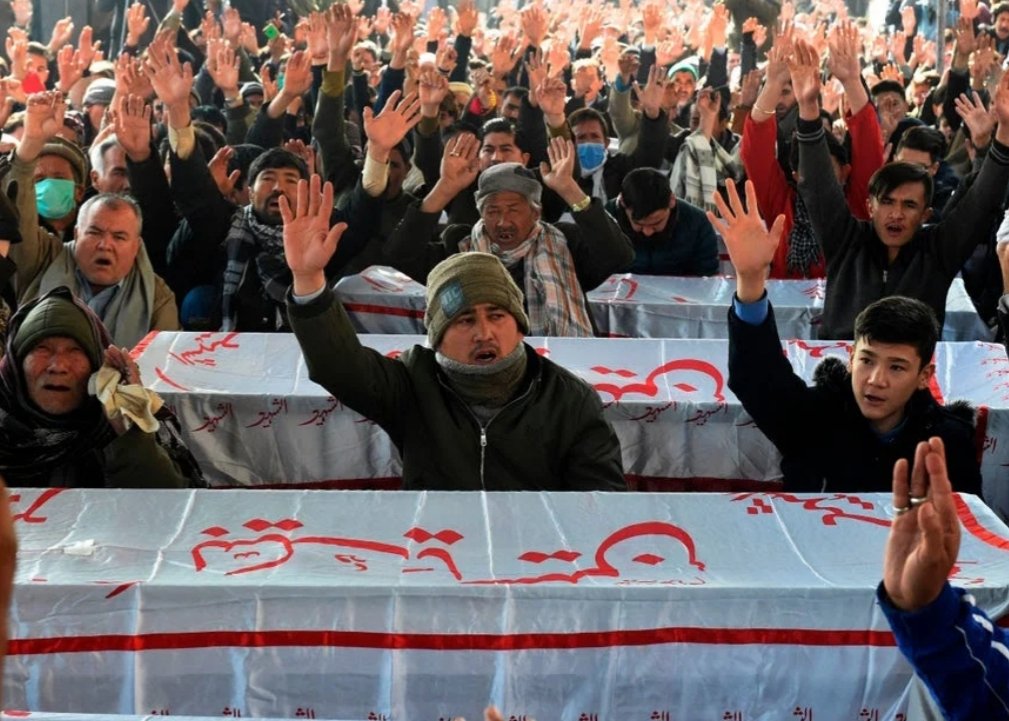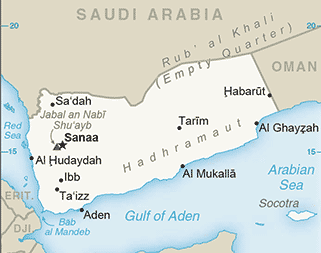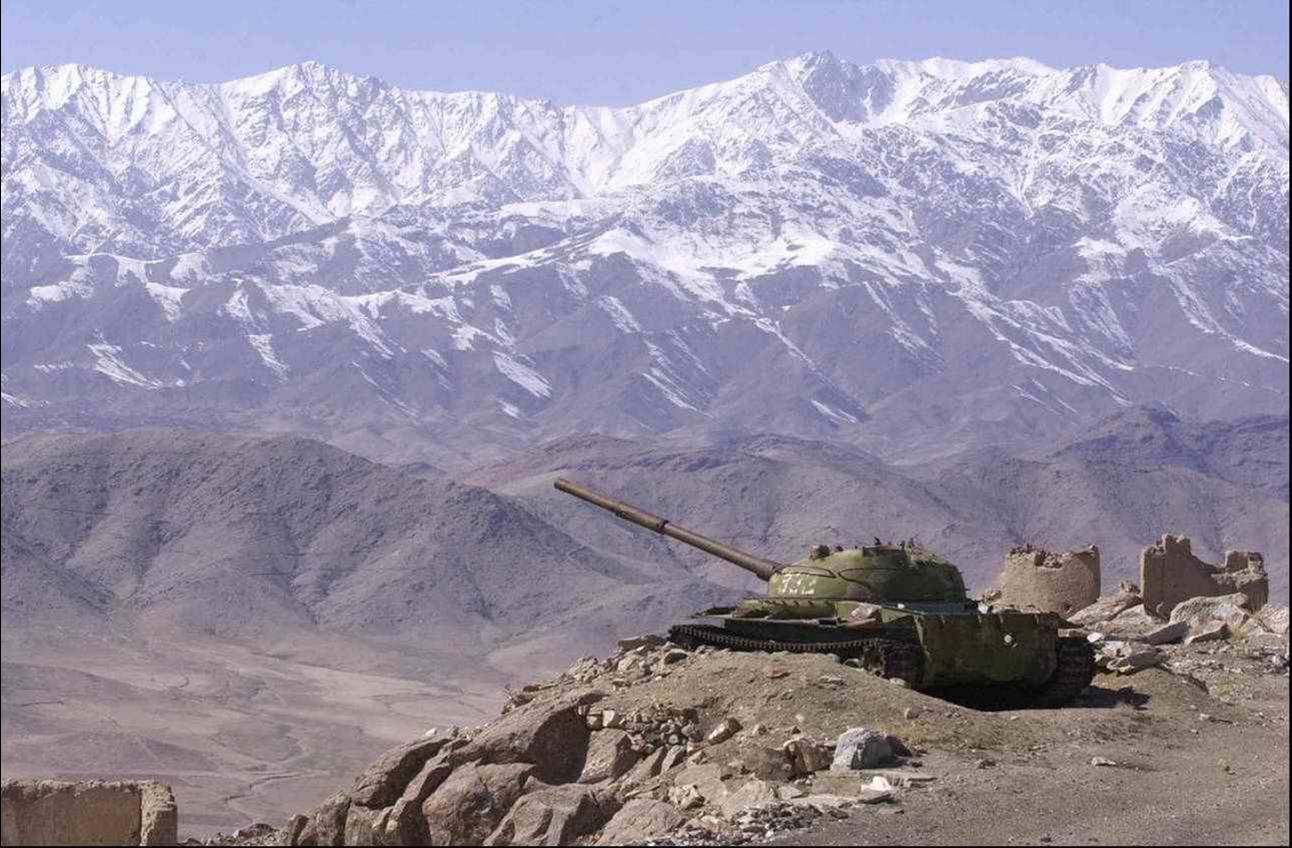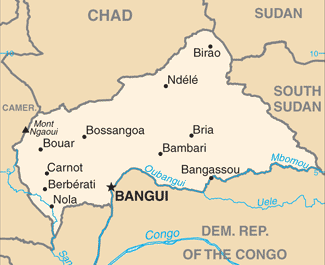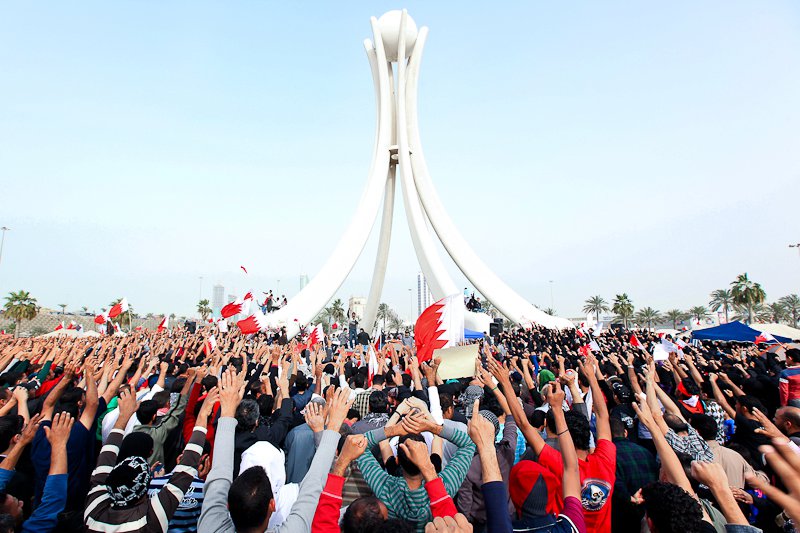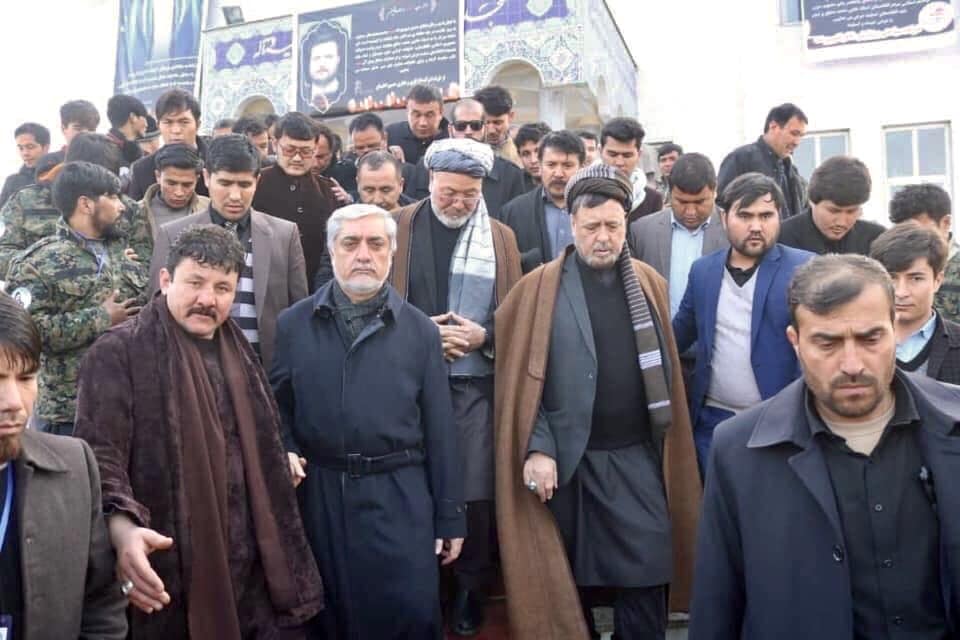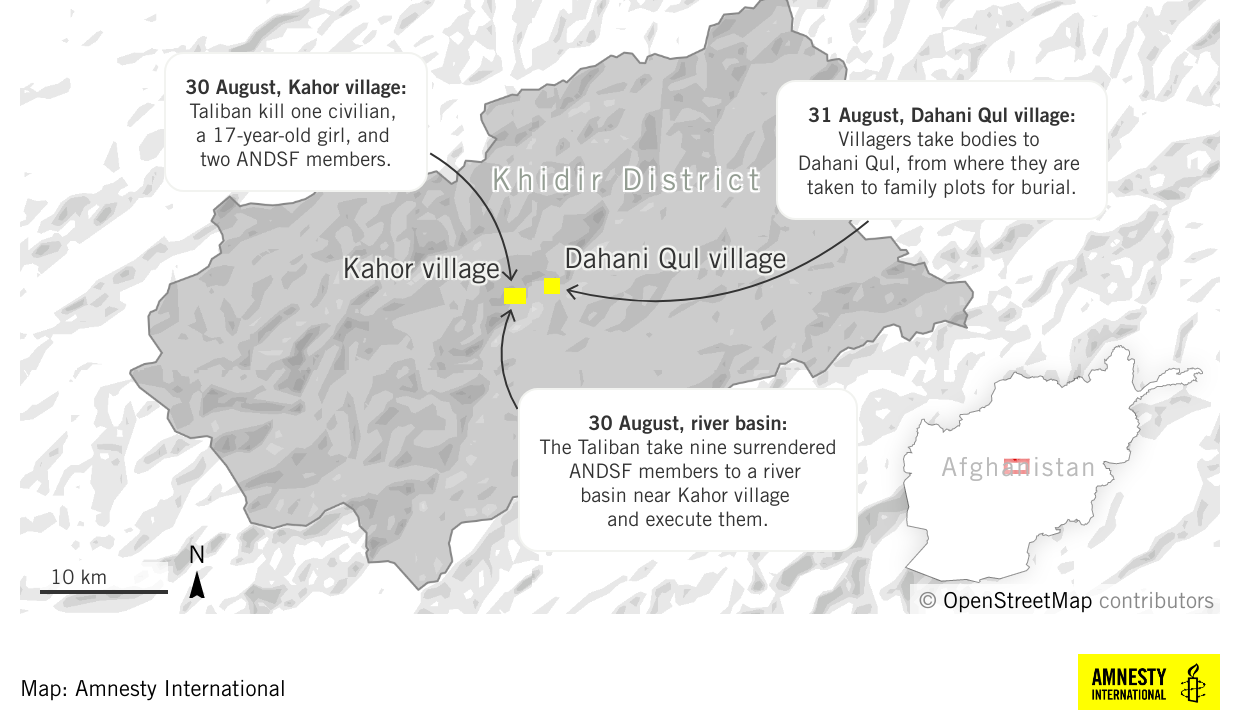
Afghanistan: massacre and cleansing of Hazaras —already
The Shi’ite Hazara people of Afghanistan were targeted for genocide by the Taliban when the fundamentalist militant group was last in power, and Amnesty International now reports that new massacres targeting the ethnicity have already started. Taliban forces unlawfully killed 13 ethnic Hazaras, including a 17-year-old girl, in Daykundi province after members of the security forces of the former government surrendered in August, the Amnesty investigation revealed. Since then, local Hazaras have been forced to flee the area. Residents of Daykundi said that the Taliban ordered them to leave, sometimes giving them only three or four days to pack up and go. Then, after families are gone, Taliban fighters set fire to their homes or blew them up. Many have taken a precarious refuge in Kabul. (Map: Amnesty International)




